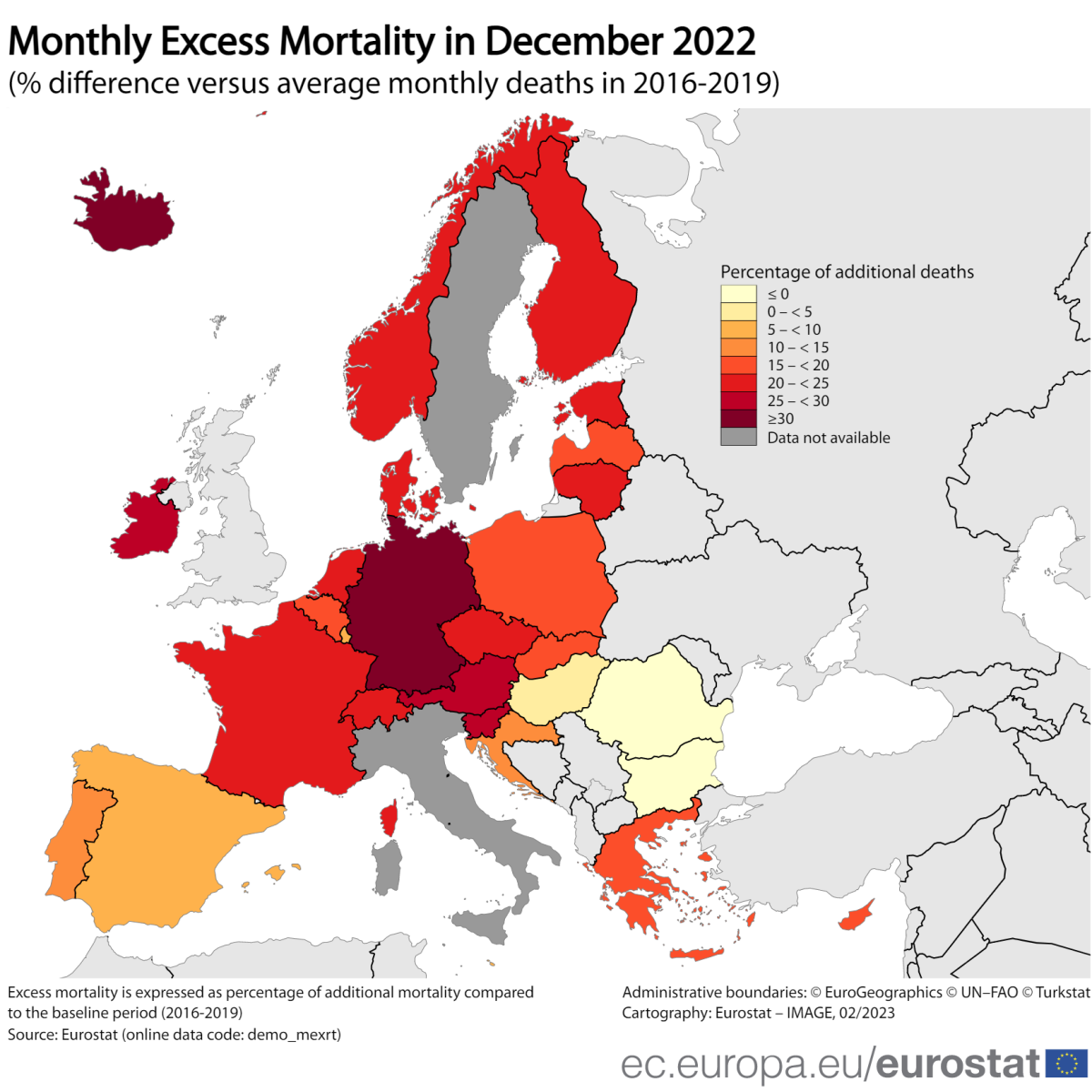
December and January are considered the peak season for upper respiratory illnesses. Continue reading
Not so long ago it was a central topic, but studies and research that went into whether children born during the time of the coronavirus are different from other children have declined. Are they lagging behind in any areas? Should they be helped in any way? Experts say that money, time, and attention should be devoted to answering these questions as soon as possible.
Already in the first weeks of the curfew, questions were raised about the long-term effects of confinement, stress, and uncertainty on children, especially babies born during quarantine.
Although in spring 2020, we had hoped that the hard part was over, the pandemic dragged on longer than expected, with the number of those infected and hospitalized still determining the daily routine in 2021.
Families have weathered the multiple waves of the pandemic in different ways: some experienced deaths from the coronavirus or other tragedies, the effects of which have left a mark on their small children and their birth, while others have been lucky to survive major crises.
Despite the variation, it is clear that since the outbreak, there has been a greater number of parents seeking help for general educational issues and regulatory problems.
In the absence of a control group, it is of course difficult to determine whether the complaints that arise can really be attributed to the pandemic, but it is now increasingly certain that the quarantine period has not passed without a trace in a significant proportion of families, said Imola Dettre, a special education teacher and integrated parent-child consultant, in response to a request from Index.
The key issue in this story, she says, is stress, which she could best compare to a pebble: if you throw it into the middle of a pond, it will affect every single part of its environment. “It is somewhat the same for mothers, who were already more anxious and worried than usual during pregnancy and around the birth,” Dettre points out.
The situation was similar in the maternity ward. Viktória Keszler, founder of Másállapotot a Szülészetben! civil society, a grassroots movement organized by women, said:
We too have experienced that the uncertainty, conflicting information, lack of assistance and unclear patient pathways have put extra strain on mothers, not to mention that the already unpredictable care has become even more unpredictable and arbitrary during this period,”
Keszler pointed out, and then noted that even if the procedures currently in force were progressive, they were not always respected by hospitals.
However, it can be assumed that once life went back to normal, not all problems may have been solved overnight, as it takes time for young children to adjust to the high doses of stimuli after a long period of confinement and uncertainty. We can only speculate about the long-term consequences, but the disadvantages and deficits acquired between the ages of 0 and 3 may have an impact in adulthood.
via Index, Featured image: Pixabay